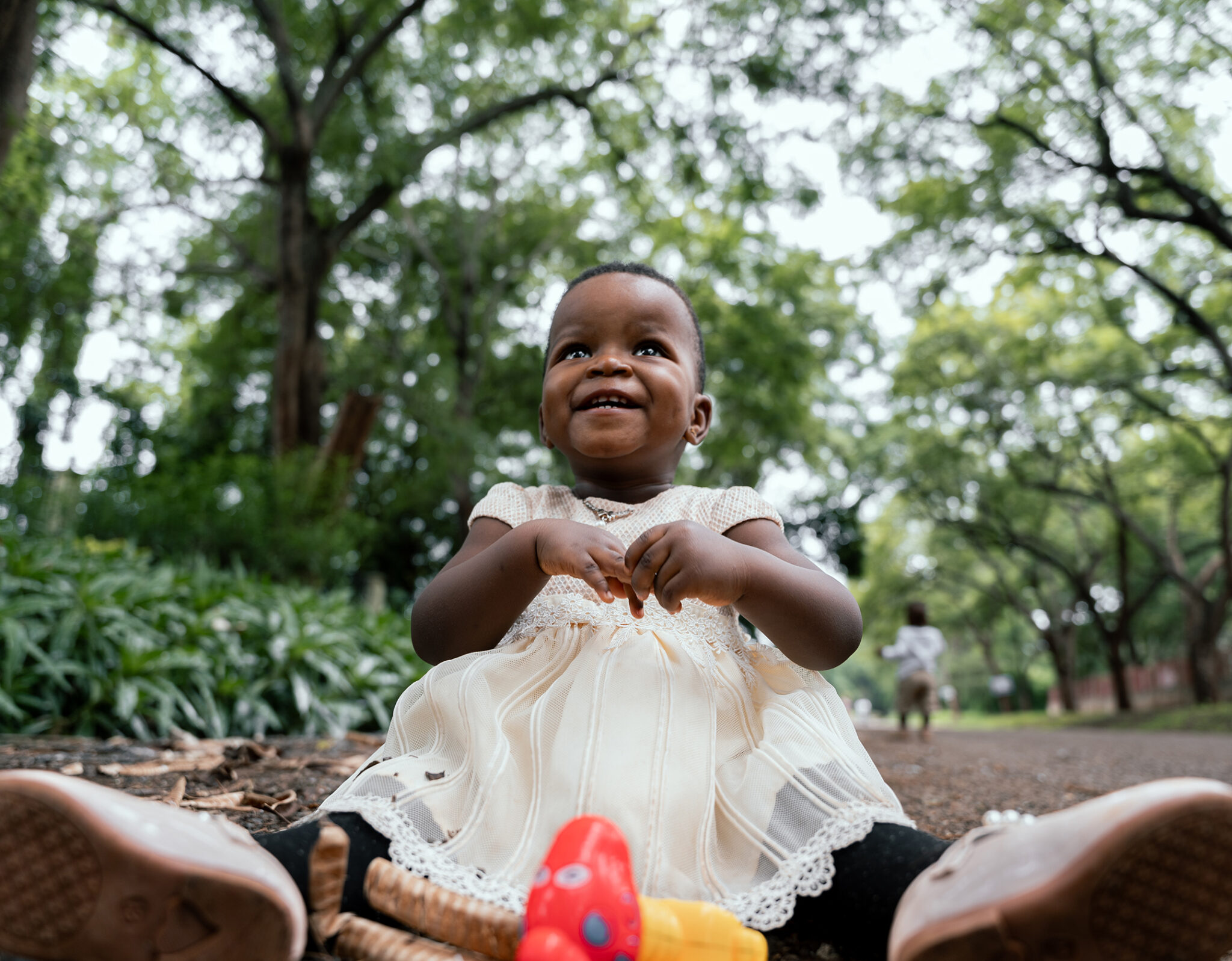Nurturing Potential for All: Early Childhood Development for Children Born to Incarcerated Mothers in Uganda
When discussing inclusion, it is common to focus on children with special needs and refugees; however, attention must also be given to other overlooked groups. It is essential to consider who is responsible for the developmental well-being of the children born to incarcerated mothers and whether a just society can be built while neglecting the needs of our youngest members, even those born into incarceration.
Children should not be made to suffer for the actions of their parents. Even if a child’s parent is serving a sentence for their crimes, they should still receive the services they are so rightly entitled to. Disregarding the rights of children in incarceration has significant long-term implications for both the children themselves and society as a whole, as they face unique challenges that impede their full development potential.
Specifically in Uganda, the situation of children born to incarcerated mothers is an urgent issue, particularly in the realm of Early Childhood Development (ECD). As these young lives navigate the challenges of parental incarceration, comprehensive and targeted ECD services can significantly mitigate adverse outcomes and foster resilience.
Recent reports by the Uganda Prisons Service and Human Rights Watch have highlighted significant gaps in addressing the needs of children affected by parental incarceration in Uganda. Approximately 15% of female inmates in Uganda are pregnant or have young children living with them in prison settings, subjecting these children to conditions that can hinder their early development.
Statistics from the same reports reveal troubling realities: children born to incarcerated mothers often face higher risks of developmental delays, emotional trauma, and socioeconomic disadvantages. Access to quality healthcare, early education, and stable caregiving is crucial for their well-being, yet these services are largely inadequate within Uganda’s correctional facilities and surrounding communities.
Effective service delivery in ECD for these children requires a holistic approach. There is a critical need for policy reforms that prioritize the rights and developmental needs of children impacted by maternal incarceration. Clear guidelines and funding allocations must be established to ensure these children receive consistent access to healthcare, nutrition, and early learning opportunities.
Furthermore, partnerships between correctional facilities, government agencies, and NGOs are pivotal. Collaborative efforts can facilitate the integration of ECD programs into prison settings, providing mothers with parenting support, educational resources, and opportunities for children’s developmental activities. Programs that promote maternal-child bonding and mental health support are crucial, as they help mitigate the emotional toll of separation and incarceration on both mothers and children.
Community-based interventions are equally essential. By strengthening support networks for caregivers outside prison walls—whether extended family members, foster parents, or community centers—Uganda can create a continuum of care that ensures these children receive nurturing environments conducive to their growth and development.
Public awareness and advocacy efforts are instrumental in driving systemic change. By amplifying the voices of affected families, civil society can catalyze policy reforms and mobilize resources to better support children born to incarcerated mothers.
In conclusion, investing in ECD services for children born to incarcerated mothers in Uganda is not only a moral imperative but also a strategic investment in the nation’s future. By empowering these vulnerable young lives with the tools and support they need during their formative years, Uganda can unlock their potential and pave the way for a more equitable and inclusive society. It is time to recognize the resilience of these children and ensure that every child, regardless of their circumstances, has the opportunity to thrive and contribute positively to Uganda’s development trajectory.

This is a great reminder that financial planning isn’t just about numbers; it’s about aligning your money with your life goals. Physician Lifecycle Planning can help you make the most of your earning potential while ensuring you’re also prioritizing your well-being and quality of life.